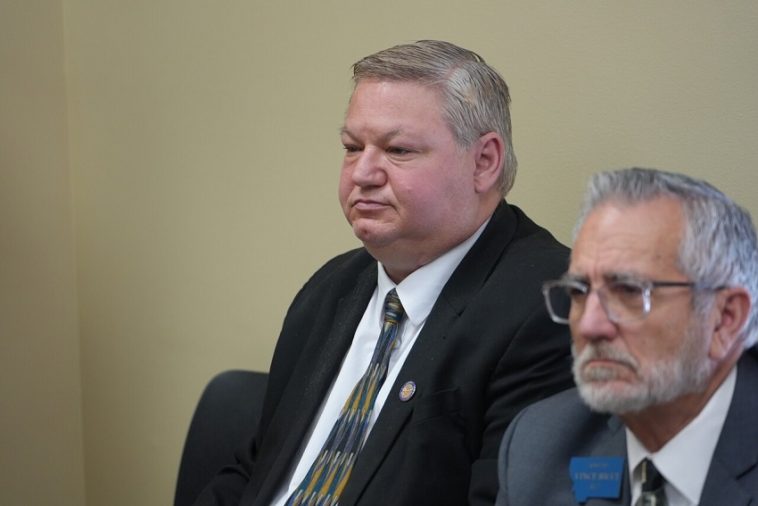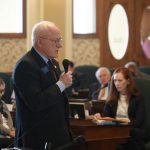Missoula, MT – In a contentious move, the Montana State Senate has endorsed a bill that would make it a criminal offense to provide gender-affirming procedures—such as hormone treatments or surgeries— to children under the age of 16. Senate Bill 164, which was introduced by Senator John Fuller (R-Kalispell), passed an initial vote on Monday by a margin of 30-20.
The legislation classifies providing or procuring gender-affirming care for minors as criminal child endangerment, with severe penalties for those found guilty. A person convicted under the law could face up to five years in prison and a $10,000 fine. In cases where the child suffers “serious bodily injury,” the punishment could increase to a maximum of 10 years in prison and a $25,000 fine.
Fuller, who has been a strong advocate for limiting access to gender-affirming care, emphasized the bill’s focus on protecting vulnerable children. “I wouldn’t want to wish that on anybody, let alone children,” said Fuller. “It is our obligation to protect Montana’s children from these circumstances.”
The bill’s proponents argue that the procedures in question could have long-lasting health consequences for minors, and that more stringent regulations are needed to ensure their well-being. Senator Theresa Manzella (R-Hamilton), a supporter of SB 164, stated, “We must protect children from making irreversible decisions that they may later regret.”
However, the bill has sparked significant opposition, particularly from Democratic lawmakers and advocates for transgender rights. Critics argue that the bill is an overreach that infringes on parental rights and could criminalize healthcare providers simply for offering gender-affirming care to minors. Senator Cora Neumann (D-Bozeman) expressed concern over the implications for families seeking appropriate care. “It’s one thing to think that supporting a child’s transition is the wrong choice; we can all have our opinions, that is fine,” Neumann said. “However, protecting freedom means that parents who love their children and want to help them have their freedom to choose.”
Senator Wendy McKamey (R-Great Falls) also spoke out against the bill, warning that it could have unintended consequences for families. “If parents feel they cannot trust healthcare providers or fear legal repercussions, they may not seek the help their children need,” McKamey said. “That could have a devastating impact on the mental health and well-being of these kids.”
Opponents also pointed to studies suggesting that denying gender-affirming care to transgender youth can increase the risk of suicide and severe mental health struggles. However, supporters of the bill contend that the data on this issue is inconclusive and that more research is needed.
SB 164 is not the first piece of legislation in Montana aimed at limiting access to gender-affirming care. Fuller also sponsored Senate Bill 99 in 2023, which is currently being challenged in court. Despite the ongoing legal battle, Fuller expressed confidence that SB 164 would ultimately be upheld, stating, “The state has a compelling interest in protecting the health and safety of children.”
The debate surrounding SB 164 has divided lawmakers along party lines, with nearly all Republicans supporting the bill and all Democrats opposing it. If passed, the bill would significantly alter the legal landscape for gender-affirming care in Montana, raising concerns about both the potential legal and psychological impacts on transgender youth and their families.
As the bill moves through the legislative process, it is likely to continue sparking heated debate about parental rights, medical ethics, and the rights of transgender individuals to access healthcare.



